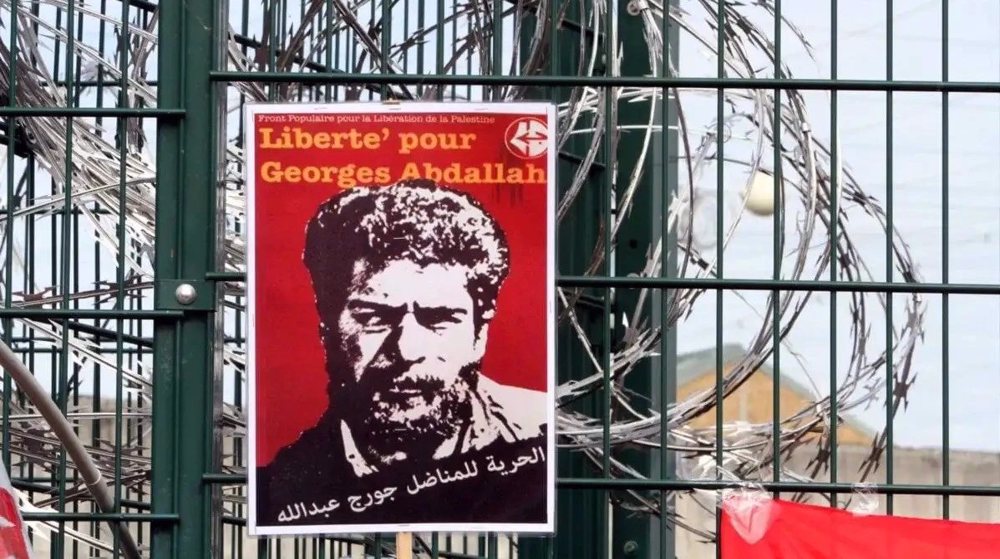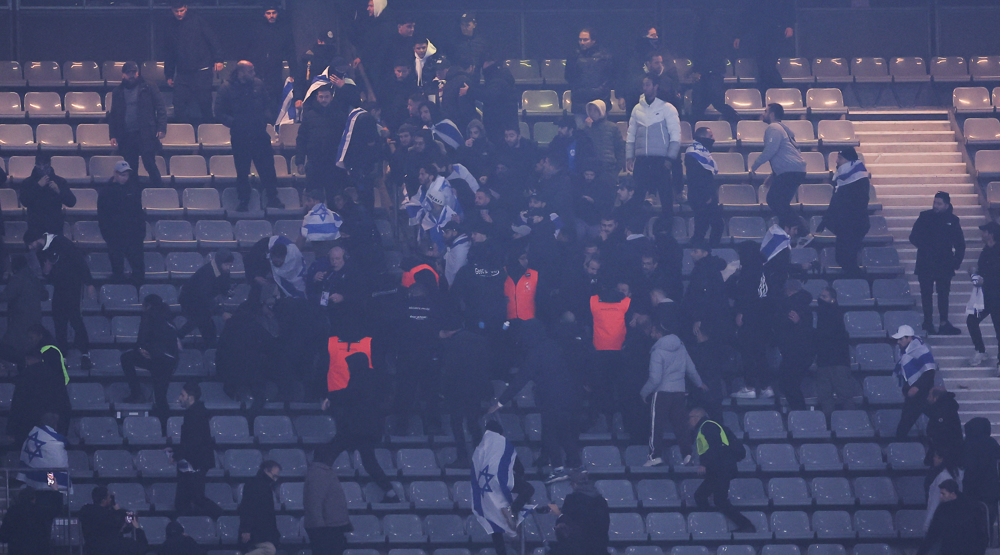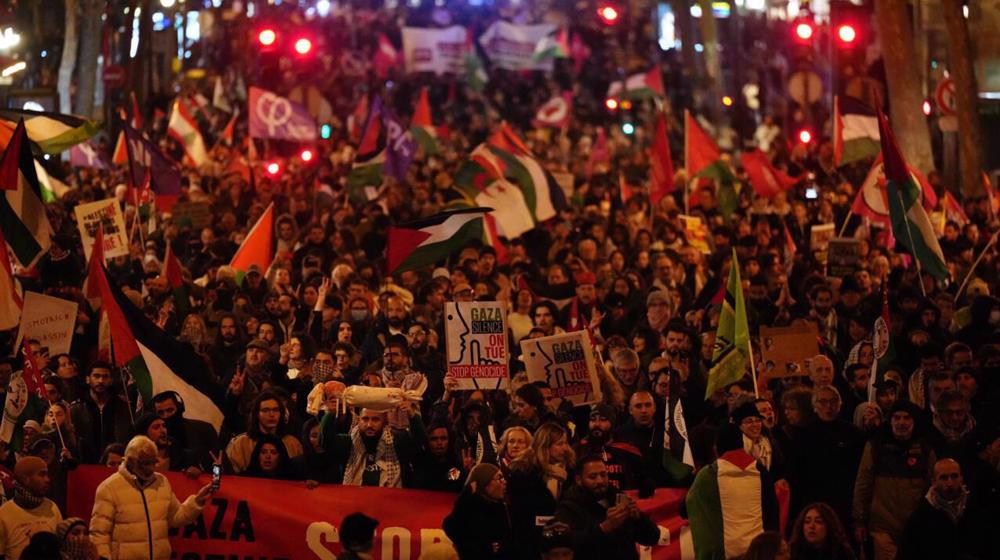Soldiers to open fire if necessary in Yellow Vest protests: Paris military general
French soldiers will operate under strict instructions, but will be allowed to fire live ammunition if necessary in the planned "yellow vest" protests Saturday, the military governor of Paris says.
"If their life or that of the people they defend is threatened, they can go up to opening fire," General Bruno Leray told Franceinfo Radio as protesters geared up to take to the streets.
His comments came after anti-government protesters burned down the famous Fouquet’s restaurant, several shops and vehicles, as well as newspaper stands on the Champs Elysees avenue in Paris last Saturday.
An estimated 8,300 people had turned out for "yellow vest" anti-government protests across France, including 3,100 in Paris, the interior ministry said. The figures suggest a marked drop from last weekend, when officials counted 14,500 demonstrators by mid-afternoon in France, with 10,000 in Paris, the scene of rioting and looting on the Champs-Elysees.
The demonstration in the capital was largely peaceful for most of the day, but later in the afternoon police fired tear gas on protesters near boulevard de Strasbourg, close to the capital's Gare du Nord and Gare de L'Est railway stations. Skirmishes also erupted in cities including Lille in northern France, and Toulouse and Montpellier in the south, but there were no immediate reports of injuries.
Following the incidents, French President Emmanuel Macron summoned a meeting with his interior and justice ministers to assess the critical situation and vowed to take “strong measures” to stop such riots from happening again.
Prime Minister Edouard Philippe’s office announced on Monday the latest acts of violence showed current security arrangements were insufficient.
The office added that security forces should prepare for firmer measures to stop the protests.
It has now been confirmed that the French army will join some 5,000 police deployed ahead of the 19th weekend of demonstration in a row in Paris.
General Leray said an unspecified number of soldiers mainly used for anti-terrorism duties would be defending public buildings this Saturday.
"They are subject to the same legal framework as the internal security forces," he added, while conceding that soldiers have 'different ways of coping' with trouble. "They are perfectly capable of appreciating the nature of the threat and answering it in a proportionate manner."

In this photo taken on March 16, 2019, riot police forces stand next to the restaurant "Le Fouquet's" burning during clashes with yellow vest protesters on the Champs-Elysees in Paris. (Photo by AFP)
For the first time this Saturday, the government deployed "Operation Sentinelle" military units to back up police after shops on the capital's famous Champs Elysees avenue were looted and vandalized during last weekend's protests.
Police in the French capital have banned protests on the Champs-Elysees on Saturday, a week after anti-government demonstrators vandalized shops on the iconic Paris avenue.
Protesters will also be prevented from streets surrounding the Arc de Triomphe, at the top of the avenue, as well as several nearby areas including the presidential Elysee Palace and the National Assembly, the Paris prefect's office said.
The protests started in November to oppose now-abandoned fuel tax hikes and then rapidly evolved into a broader movement against Macron and his pro-business reforms, as well as elitism in general.
The so-called yellow vest movement, one of the largest French demonstrations in recent history, has marched every Saturday since November 2018.
Macron, in response to the protests, offered the poorest laborers and pensioners a package of concessions worth more than 10 billion euros ($11 billion) aimed at increasing their insufficient earnings.
The measure, however, failed to end the demonstrations, while the protests quickly spiraled into a broader movement.
VIDEO | 85% of Yemeni displaced people face daily hunger crisis
US House passes bill targeting charities and pro-Palestine groups
VIDEO | Supporting Gaza genocide
Hezbollah attacks Israeli forces after Lebanese homes blown up
World leaders, states hail ICC arrest warrants for Netanyahu, Gallant
MP: US accountable for possible Israeli 'foolishness' to attack Iraq
VIDEO | Israeli policies strangle Palestinian agriculture, economy
Iran's president offers condolences to Pakistan over terrorist attack














 This makes it easy to access the Press TV website
This makes it easy to access the Press TV website